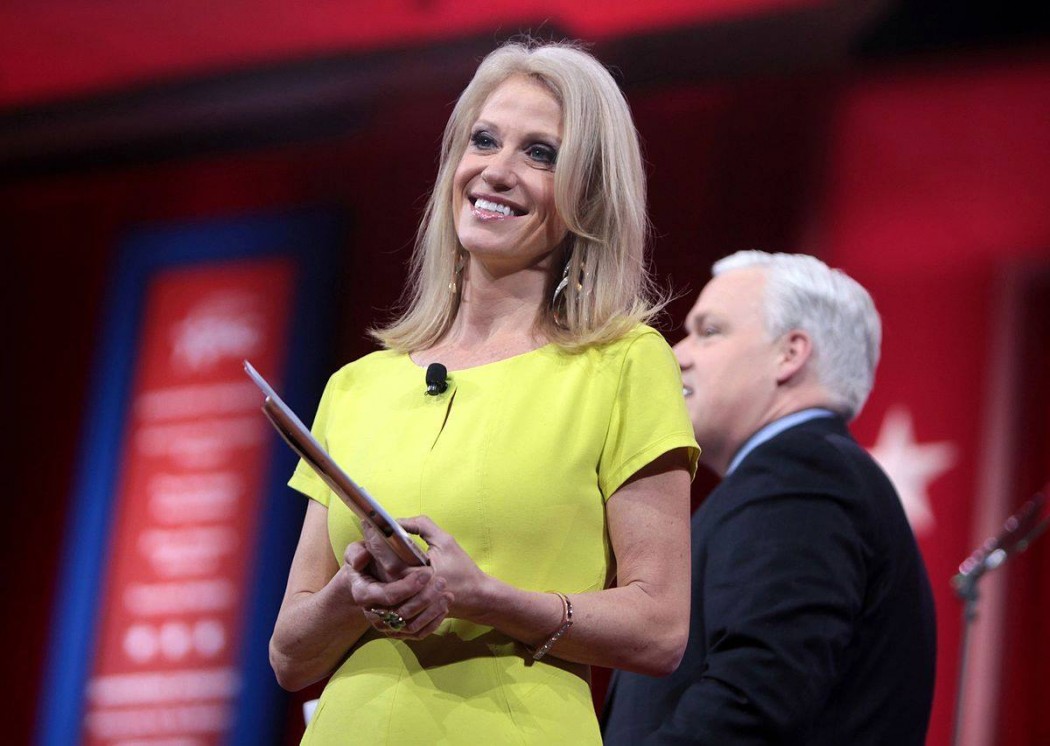By Frankee Wallace
Women are dispersed… Consumed by the male world, women have no past, no history, no religion and no solidarity and thus no group identity.
– Simone de Beauvoir, The Second Sex.
When I was younger I witnessed an event that instilled in me a love for democracy and girl power. My mother, after having quite a tough day, had good reason to not go to the polls and vote in our federal election. I, a child who did not yet know the importance of one’s vote, expected her to put her feet up, relax and not go. But that is not what I remember her doing. I remember her lacing up her boots and driving herself to the voting station, declaring, “Suffragettes died for their right to vote, I’m not giving up mine.”
As I learned more and more about this topic, though, the romance soon enveloped other groups who fought for their right to partake in their country’s political system.
A personal love affair soon ensued with suffragettes and their fight for the right to vote. As I learned more and more about this topic, though, the romance soon enveloped other groups who fought for their right to partake in their country’s political system. Growing up in Canada, I was moved by the plight of First Nations, including those living on reserves who were denied the right to vote until the Canada Elections Act of 1960.
In this light, it is disheartening to see women in politics today who refuse to recognize two main things: the issues they have faced, and the different, but in no way separate issues other minorities face in their day-to-day lives. By turning a blind eye, women stifle more inclusive, budding forms of feminism. Make no mistake: Men are equally responsible to address these issues, but women possess the lived experience of discrimination that not all (i.e. white) men possess.
For this reason, the individuals who inspire me the most are the female politicians who use their status to effect positive change for those in less privileged positions, and push for more inclusive and fair democracy. The problem is that, currently, they seem increasingly in short supply. Indeed, a lack of intersectionality among female politicians has resulted in the alienation of female minorities. Just as they did in the past, more and more privileged women are choosing to blatantly disregard issues of class, race, and religion. Shrouded in negative rhetoric, with little insight into the lives of the underprivileged, an unsteady flight has taken off – one with tenuous boundaries and one goal: to incite approval from anger.
Marine Le Pen, President of the French National Front, has a political program that rarely mentions gender equality. Kellie Leitch, Canadian politician and Conservative Party leader hopeful, has called to reject immigrants through harsh screening tests, opposing Canada’s tradition of diversity. Kellyanne Conway, Trump’s campaign manager, refutes comments about Trump’s misogynistic nature simply because he hires many women like herself. After Margaret Thatcher was in power, Britain didn’t see another female British Prime Minister for 30 years, in part because women were alienated by her platform. Thatcher elected only one other female to her cabinet, and in doing so eschewed the need for female representation. The women in Trump’s army of supporters promise a similar result, and Le Pen, if elected next year, will surely do the same.
These women neglect the need to establish policy on matters pertaining to immigration, domestic abuse, rape, the wage gap, and so on. These are issues that impact certain women more than others: religious minorities, women of colour, and LGBTQ+ women.
This is not to minimize the achievements of women like Leitch and Conway, who have themselves overcome constraints of patriarchy. It is merely to point out that they have an opportunity – a chance they are wasting – to fight against the day-to-day discrimination other women and minority groups face.
To this end, it is crucial to highlight the efforts of women in power who do fight for progressive change. Rona Ambrose, the interim leader of the Conservative Party of Canada, has fought for harsher punishment for perpetrators of sexual assault, and recently lambasted Kellie Leitch’s “Canadian values” test proposal.
We are faced with the reality, however, that many female politicians, while powerful and respectful in that manner, suffocate issues minority women face, or even deny that women face issues in general.
We are faced with the reality, however, that many female politicians, while powerful and respectable in that manner, suffocate issues minority women face, or even deny that women face issues in general. It is entirely understandable why female politicians at times fail to push the discussion of women’s rights; if they were to explicitly identify themselves as a feminist, they would undoubtedly be less successful in politics. This stigma, however, can end. If the Women’s March said anything, it said that there are, in fact, strong feminist voices in politics.
Feminism is tough, and you can’t just jump on the boat by being a woman, or wearing a cute pin that says you’re a feminist. You need to work to create change. It is easy for many white, female politicians to enjoy the praise of overcoming boundaries. But they cannot, and must not, stop helping other less-privileged women and groups from doing the same. To the women in politics that reject the necessity of feminism and minority rights, but go on to become leaders, you can turn a blind eye all you want, but you may still face injustice. Despite this, I’ll still believe in the power of representative democracy and feminism. Women, like De Beauvoir said, are dispersed, not divided.


